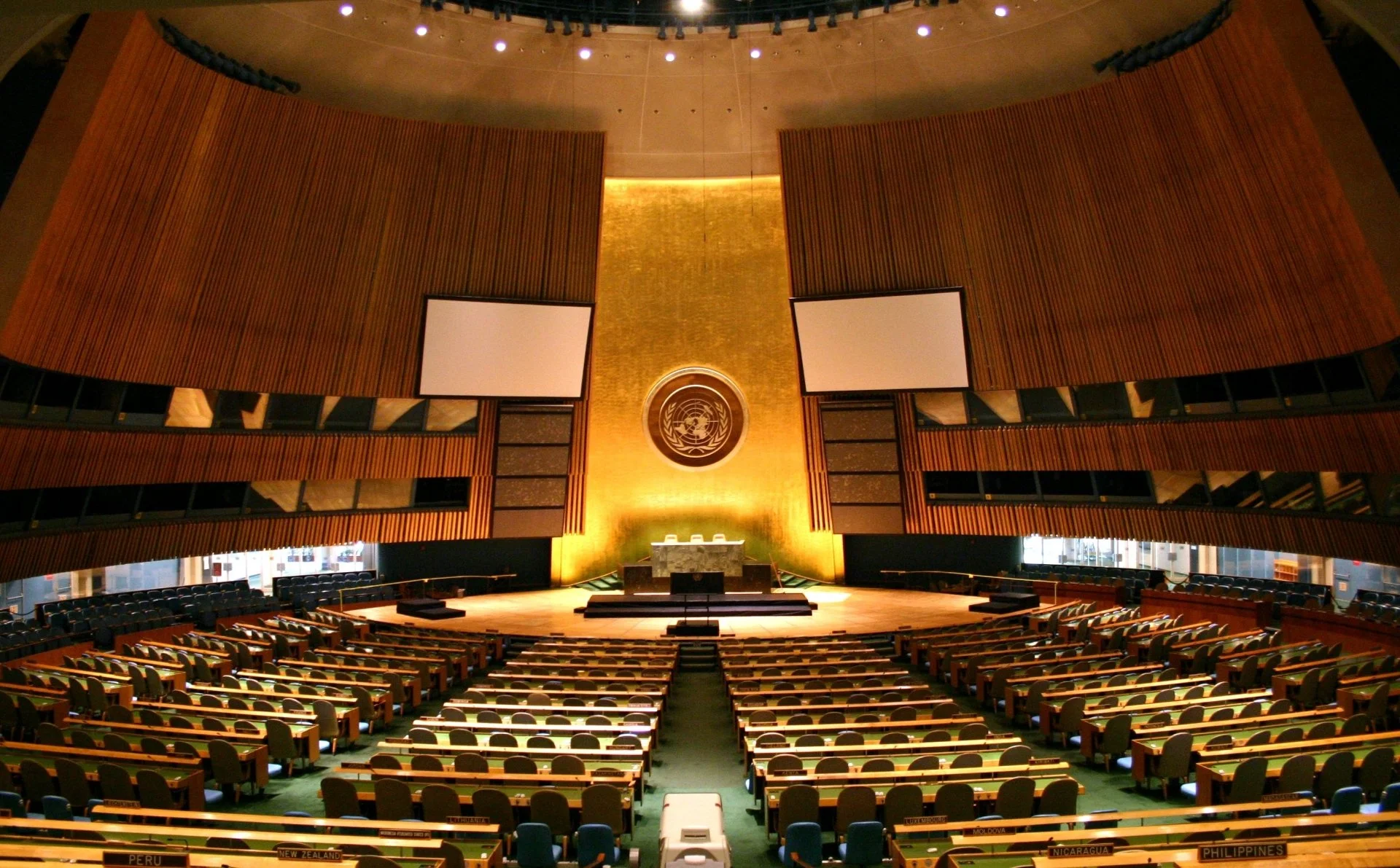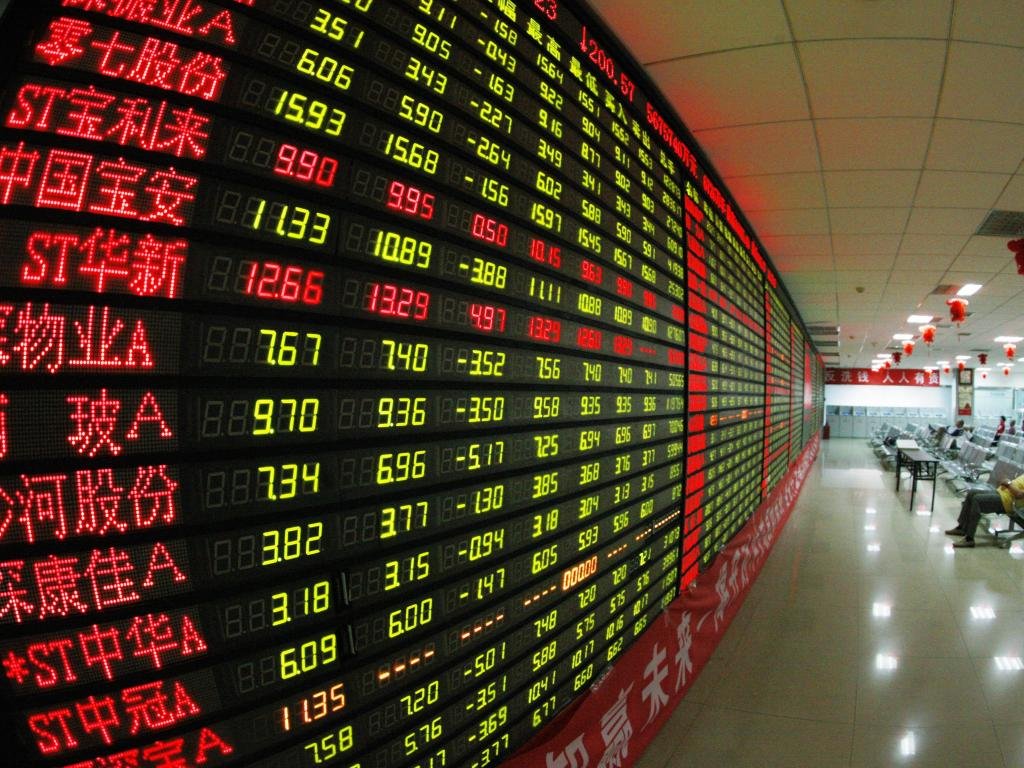
Research
Date Published
- April 2025
- March 2025
- February 2025
- January 2025
- December 2024
- November 2024
- October 2024
- September 2024
- August 2024
- July 2024
- June 2024
- March 2024
- February 2024
- October 2023
- March 2023
- February 2023
- January 2023
- November 2022
- October 2022
- January 2022
- November 2021
- October 2021
- August 2021
- July 2021
- March 2021
- September 2020
- August 2020
- July 2020
- February 2020
Filters to only view publications from a particular program:
The Impact of Rising Violence on Indigenous Communities and Indigenous Women in Colombia
Colombia has a long history of violence and conflict, including the well-known period called “La Violencia” between 1948 and 1957. Since then, international actors and the Colombian government have attempted to minimize the level of violence within the country, but fell short of making an effective change. Through the attempts these governments and organizations have made, including the 2016 Peace Deal between the government and the Revolutionary Armed Forces of Colombia (FARC), they have routinely mismanaged solutions and created more unrest and anger from the public and guerilla groups. In these situations of overwhelming violence, it is essential to recognize that Colombia’s marginalized communities have faced the worst impacts. Despite indigenous people having the right to their lands and to practice their traditions and culture as per the Constitution of 1991, they are still actively discriminated against in Colombia’s exclusive and traditional society. Not only do indigenous people face rampant discrimination in Colombia, but indigenous women are disproportionately impacted by the surges of violence and are ignored by most international communities and the local and federal governments.
An Overview of Selected African Elections in 2024
In 2024, the global political landscape is marked by pivotal elections, including the anticipated rematch between Donald Trump and Joe Biden, the United Kingdom's general election, and India's general election. Africa is also hosting a number of elections this year, which will likely play a seminal role in shaping regional and international politics. Let’s take a closer look at three of the most important elections happening this year on the continent: Elections in Ghana, Senegal, and South Africa.
The French War on Terror in Africa
2023 saw the near-total collapse of France's military presence in West Africa. A string of high-profile coups in the Sahel, the region straddling the transition zone between the Sahara and the Sudanian savanna, have chased the French out of their former colonial holdings. Coupled with the disastrous end of the eight year-long counterterrorism mission Operation Barkhane in November of 2022, France has departed the Sahel just as violence and instability are reaching heretofore unseen levels. The following will examine the breakdown of the French War on Terror, and what France’s departure from the region means for the future of the Sahel.
Arab World and Israel
In the Middle East and North Africa (MENA), power dynamics have shifted significantly since the Abraham Accords were signed in late 2020 between Israel, Bahrain, and the United Arab Emirates (UAE). Prior to the Accords, the Arab world at large maintained leverage over Israel in its near universal rejection of the Jewish State and support for the Palestinian cause. The Arab world’s unanimity led the charge to boycott all Israeli goods, delegitimize its right to exist in the court of public opinion, and counter Israel militarily whether by proxy or in direct conflict.
The Implementation of Protection and Prevention pillars of UNSCR 1325 on Gender-Based Violence in Conflict-Affected Areas
In the 23 years since the declaration of the United Nations Security Council Resolution (UNSCR) 1325 on Women, Peace and Security (the WPS Agenda), national and international implementations have had both successes and failures in upholding the agenda. By evaluating the progress that has been made, we can better understand how to move forward with better solutions for the future.
Contrasting Chinese and Korean Reactions to Japan’s Fukushima Wastewater Plans
After the devastating 2011 Tōhoku earthquake and tsunami, Japan’s Fukushima nuclear power plant was all but destroyed, leading to a desperate effort to prevent a full blown nuclear disaster. The Japanese government has been pumping water into the power plant in order to cool the radioactive debris and prevent further nuclear meltdown. This solution has in itself generated more problems. What is to be done with the radioactive wastewater? The Japanese government has ultimately decided to dilute the amount of tritium, the element that irradiates this water, to an acceptable level and release the diluted but still radioactive water into the ocean over the course of the next 30 years.
China Philippines Relations
On February 2nd, 2023, just two days before the U.S. shot down a suspected Chinese spy balloon, the Republic of the Philippines and the United States announced the increase in American military presence in the country amid rising tensions in the South China Sea. This event marks yet another escalation in an area that has seen two Taiwan Straits Crises, overlapping territorial claims, and many naval skirmishes
Implications of the Balloon Incident
From a trade war to human rights crisis, the deterioration of the U.S.-China relations have accelerated in recent years. In the latest of a series of geopolitical crises, a Chinese high-altitude surveillance balloon was detected in U.S. airspace on the 2 February, just 48 hours before Secretary of State Antony Blinken was scheduled to travel to Beijing to meet Chinese President Xi Jinping.
China’s Potential Influence on Petrol Prices: Comparing 2020, and 2022
Throughout the development of the global economy, supply and demand of goods can often be characterized as countervailing. Prices are often determined by the proportion between production and consumption rather than the numerical difference between the two forces. This framing can be useful when determining the overall costs to producers and consumers alike when focusing on key commodities like petroleum. China’s covid era has demonstrated the relationship between supply and demand in the context of international and domestic policy. China’s original lockdown in 2020 primarily demonstrated the role of consumption, whereas the 2022 COVID emergence crisis highlighted the potential role of production in the global petroleum market.
Real Development or Debt Trap? - Understanding China’s Belt and Road Initiative
On the second leg of a tour of Africa aimed at promoting American regional investment, U.S. Treasury Secretary Janet Yellen emphasized the importance of addressing Zambia’s heavy debt burden with China. Zambia became Africa’s first pandemic-era sovereign nation to default when it failed to make a $42.5 million bond payment in November 2020. Negotiations over how to deal with the debt load have been ongoing.
2 Months (and a half) of Brazil’s new Foreign Policy
Over the past years, Jair Bolsonaro has made significant and controversial changes to Brazilian politics. However, in the 2022 election, Brazil pivoted towards a more established leader as Luis Inacio “Lula” da Silva, who had previously served as President, was elected. Given Lula's contrasting leadership style compared to Bolsonaro and his experience serving as President in two different decades, it is crucial to examine Brazil's foreign policy and consider how Lula's foreign policy will differ or align with previous trajectories.
Reasons Behind & Implications of China’s Population Decline
The world’s most populous country has begun to shrink: China’s National Bureau of Statistics reported a decline in its population of nearly one million people in 2o22. This is the first year where China's birth rate was at a net negative since the Great Leap Forward: an economic experiment that resulted in widespread famine in the 1960s. There are three factors which contribute to China’s declining populations: lasting consequences of the one-child policy, changing attitudes towards marriage and childbirth, and the expenses associated with raising children.
China’s Looming Crises of the New Year: Relatively Low Economic Growth and Nearly Unprecedented Demographic Decline
For the past three decades, the world has seen the People’s Republic of China (PRC) as a youthful economic juggernaut on a one-way trip to surpass the United States as the world’s predominant economic force. However, this January the PRC has reported that in 2022 the country’s economy had only grown by 3% , while its population had shrunk by approximately 850,000 people, marking China’s first population drop since the Great Famine of Mao Zedong’s Great Leap Forward.
Winter Special Edition: Mongolia’s Digital Revolution
Mongolia is a sparsely populated country situated between two global superpowers, bordering China to the north and Russia to the south. Mongolia- a country with a nomadic culture- is the next nation to join the digital revolution. In 2020, the Mongolian government laid out its five-year plan to build a “Digital Nation”.
20th CCP National Congress Special Issue 04: China’s Strategic Energy Issue
The recent 20th National People’s Congress suggested the importance of the state’s role in transitioning the country towards a green economy. The congress highlighted its plans to bolster its financing, resources, research, and conservation in the green energy sector. China currently pays close attention to the green energy sector in the new energy policy since it relates to China’s national security.
20th CCP National Congress Special Issue 03: Politically Loyal and Preparing for Conflict.
This October, the Chinese Communist Party held its 20th National Congress which further cemented President Xi Jinping’s (习近平) control over China’s economy, society, and military. President Xi is fully aware of the looming conflicts brewing along the Sino-Indian border and within the East and South China Seas and their destabilizing potential. To address these threats to Chinese security interests, he seeks to modernize, expand, and affirm the allegiance of the Peoples’ Liberation Army (PLA) and ensure that China is capable of fighting and winning regional wars. It is important for international observers and leaders to note the implications of President Xi’s consolidation of power over the Chinese military and its effect on the PLA’s policies, strategies, and capabilities. We may soon enter a dangerous and militarized period of great power competition and the PLA will continue to be a crucial factor.
20th CCP National Congress Special Issue 03: China’s Socio-Economics issues
In the economic section of the 20th Party Congress Report, Chinese President Xi Jinping repeatedly mentioned the “Dual Circulation Model.” Since its initial proposal in May 2020, this economic development model has been openly advertised by Xi both domestically and internationally, including at the 3rd China International Import Expo, which took place in November 2020 in Shanghai. What is the Dual Circulation, and what exact goals is it set to achieve?
20th CCP National Congress Special Issue 02: China’s Zero Covid Policy and Beyond
Our Fellow, Howen Yu has had the opportunity to interview his own father–a Beijing based volunteer worker acutely impacted by the zero-covid policy during his stay in Tibet. The OICP have compiled a series of personal accounts from him during the 3-month long lockdown. Through these accounts, we attempt to illustrate the impacts of China’s strict covid restrictions towards normal civilians.
20th CCP National Congress Special Issue 01: China’s Zero Covid Policy and Beyond
Nearly three years into the pandemic, China is sticking with strict COVID-19 containment policies that have led to a string of lockdowns around the nation, economic damage, and widespread frustration among Chinese citizens. As reported by researchers at Oxford University who developed the Oxford Coronavirus Government Response Tracker (OxCGRT) to measure the strictness of government policies, China currently has the strictest containment measures. The Chinese government has yet to announce when or how it will ease its restrictions; how will China exit its zero-Covid policy?
Challenges and Parties in the Mekong/Lancang Watershed
At 4,909 km in length, the Mekong is Asia’s third longest river. It sustains over 70 million people across six countries with active fisheries, farming, industrial production and hydropower. However, the river’s long-term sustainability has been continuously threatened by expansive energy projects in the region. Despite the establishment of various cooperation mechanisms, these mechanisms either are too weak to impact dispute conflicts or unilaterally implement Chinese values. As each party desires to retain some forms of policy advantages over the other, the ever-increasing environmental challenges should be properly addressed in a cooperative manner.






















